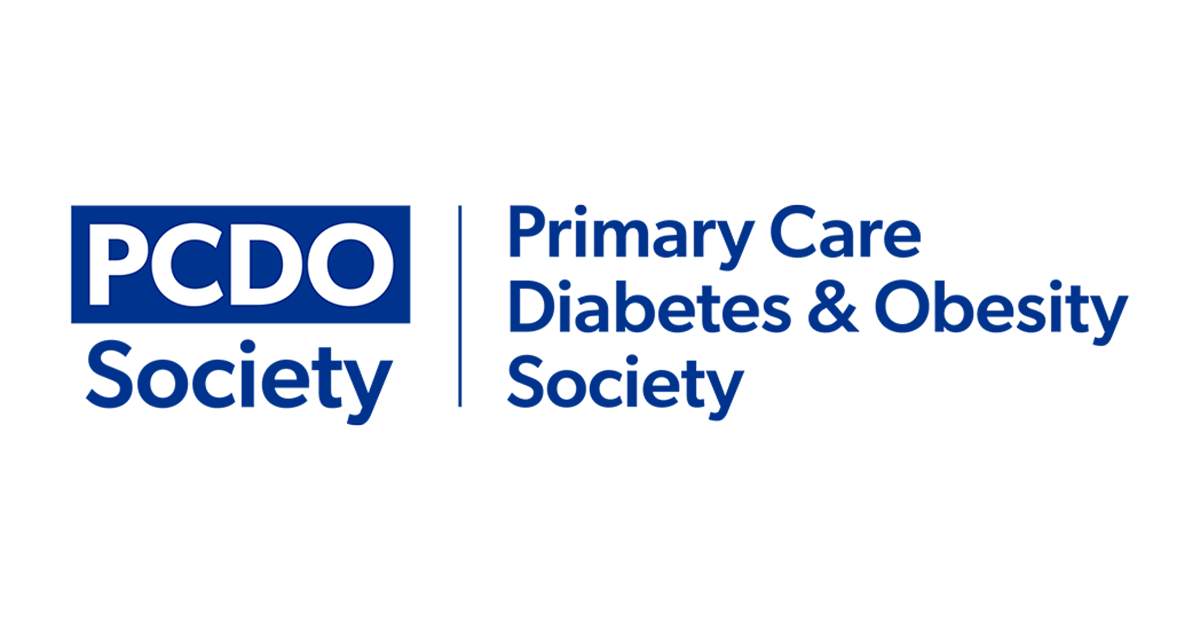The Association of British Clinical Diabetologists (ABCD) has been notified that Novo Nordisk will withdraw Mixtard® 30 insulin from the world market at the end of 2010.
Mixtard® 30 is a biphasic, human sequence, intermediate-acting, isophane insulin that has allowed many people to control their diabetes. Withdrawal of the product, for commercial reasons, will undoubtedly cause concern to people with diabetes, their carers and healthcare professionals; it will also have financial repercussions as some of the alternative products are, at present, more expensive. Current estimates suggest that approximately 90 000 people in the UK with diabetes will be affected (Diabetes UK, 2010). ABCD’s primary concern is to ensure that people with diabetes and their carers are given timely advice from professionals experienced in the use of different insulin regimens, and who are aware
of the challenges involved when switching between different types of insulin and insulin delivery devices.
There are three areas that will require particular attention when considering alternative insulin regimens:
- The frequency of hypoglycaemia and changes in awareness of hypoglycaemia.
- The loss of independence in people self-managing their diabetes.
- Increased financial cost to prescribing organisations.
Hypoglycaemia is a much feared complication of insulin use, and is potentially life-threatening, both directly and indirectly (while driving, for example). Most individuals taking insulin have awareness of the onset of low blood glucose levels and can take appropriate action. With the introduction of recombinant human analogue insulins (in the early 1990s) it became apparent that the symptoms of hypoglycaemia when changing from isophane insulin to analogue insulin may, in some individuals, be either absent or different from those previously experienced. It is vital that if individuals are transferred from isophane insulin to analogue insulin products, they are counselled and educated about the treatment of hypoglycaemia and that dose adjustments are discussed with those familiar with their diabetes care.
During the transition period, the frequency of blood glucose monitoring may need to be increased. Where those using Mixtard® 30 have good control of their diabetes, a swap to the similar biphasic isophane insulins Humulin® M3 (Eli Lilly, Basingstoke) or Insuman® Comb 25 (Sanofi-Aventis, Guildford) could be considered. Changing to a biphasic human insulin analogue, such as NovoMix® 30 or Humalog® Mix25 (Eli Lilly) may require more frequent monitoring at the time of transition, and methods of administration and hypodermic equipment must be taken into account.
The device by which insulin is delivered is of vital importance to people with diabetes. For those with limited dexterity or poor memory, factors more common in older people, Mixtard® 30 can be administered via the InnoLet® device (Novo Nordisk, Crawley). Other premixed insulins cannot be administered via this device. Some people who can only inject using InnoLet® may not be able to continue to administer their own insulin, which would have significant consequences to them, their carers and the local health services.
As Mixtard® 30 is a pre-mixed combination of short- and intermediate-acting insulin, its administration is once- or twice-daily. For those requiring assistance with their injections from carers or district nurses this means that only twice-daily contact is necessary. Some alterative insulin regimens may require more frequent injections, increasing dependence on others.
Within the finite resources of the NHS and in the currently cold financial climate, the cost of insulin and the cost of the package of care surrounding its administration need to be considered. The withdrawal of Mixtard® 30 will increase this cost. ABCD would advise commissioners and providers to seek input from consultant diabetologists for guidance around safe insulin prescribing.
ABCD urges that a rapid and pragmatic response to the withdrawal of Mixtard® 30 is adopted that prioritises safety and ensures the quality of care for those affected. People with diabetes and their carers, primary care providers and PCTs should seek the help of their local diabetes specialist team if they have concerns.




Counselling on appropriate genital hygiene is important for both men and women when initiating SGLT2 inhibitors and regularly thereafter.
21 Oct 2025